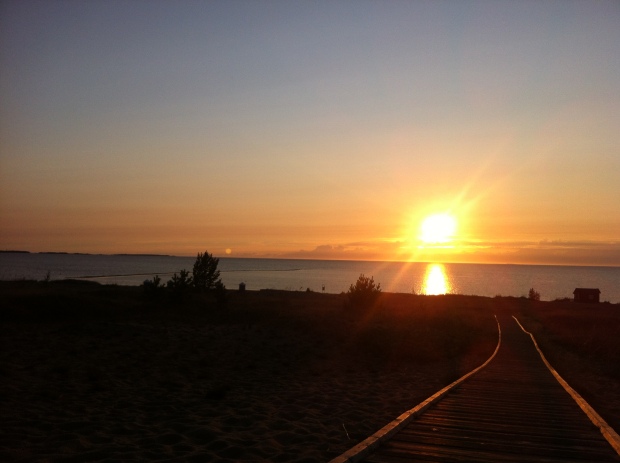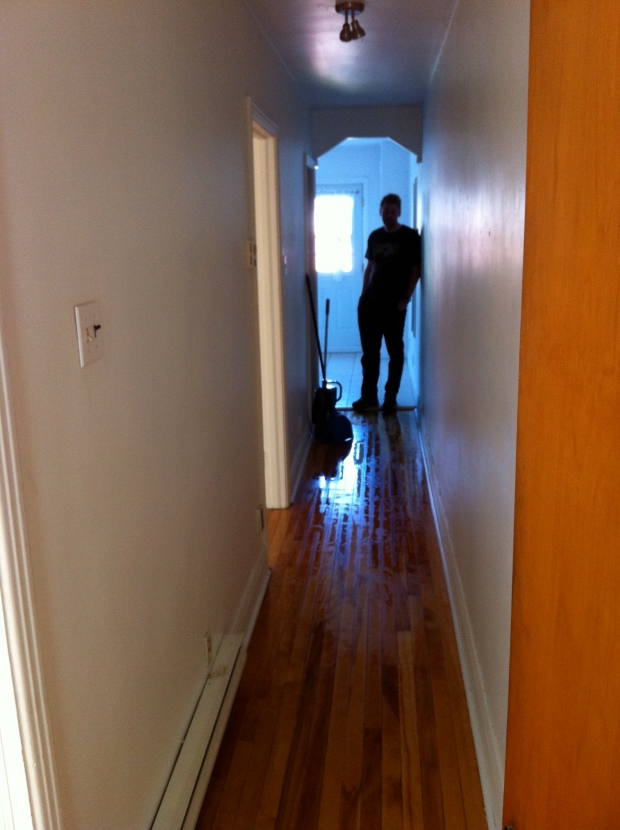
I really LOVE Montreal, one of “my” Finns will say. It’s a great city. It’s so exciting. But….But then the Finn will get a dreamy look on their face: “But you know, I’m only here temporarily. It’s a two-year contract. And then our plan is to move back to Helsinki.”
Montreal, nice as it is, is just the waiting station. For many, the land of their dreams is, was, and always will be, Finland. We’ll talk about Mount Royal and how nice it is in the spring to look out over the city. We’ll chat about going out for a sugaring-off and maple syrup, or skating on Beaver Lake, and we’ll all agree that there’s nothing like the taste of tire-sur-neige when there’s still snow on the ground and sap flowing in the trees. We’ll talk about going to La Banquise for poutine and the night life on St-Denis and the jazz and the great music and the outdoor terrasses for a cappuccino or a café au lait.
And that’s where I, for my part, would stop, maybe. But sooner or later, something, maybe talking about the Laurentians, will set the others on to Finland. Oh, the forests, they’ll say. You don’t have to go far out of Helsinki you know. The birches. I miss the birches. And then their conversation will be all about the saunas, and swimming in the deep dark lakes, and picking lingonberries and the quiet of the northland woods. And they’ll get this smile and this far-away look on their faces: You can be SO happy there, so easily! Even just dreaming about going back is what gets us through.
And I saw a new heaven and a new earth, writes John the Elder, for the first heaven and the first earth had passed away, and the sea was no more. And I saw the holy city, the new Jerusalem, coming down out of heaven from God, prepared as a bride adorned for her husband. Life, frankly, looks a lot more like traffic jams on Atwater street than either the idealized Finland of some folks I know, or the heavenly Jerusalem. But you and I CAN find glimpses of how things should be, even here, even on Monkland Avenue or Sherbrooke Street or Victoria avenue St-Lambert, in how we treat each other and the world around us, around the table, with all of our faults and warts and misgivings and hesitant happinesses.
Then, and then truly, we will experience that voice Revelation describes, speaking to us from the throne. The voice we cannot always hear, but the one we know is calling, and more than calling, promising. Telling each one of us. Behold, I make all things new – even you.

